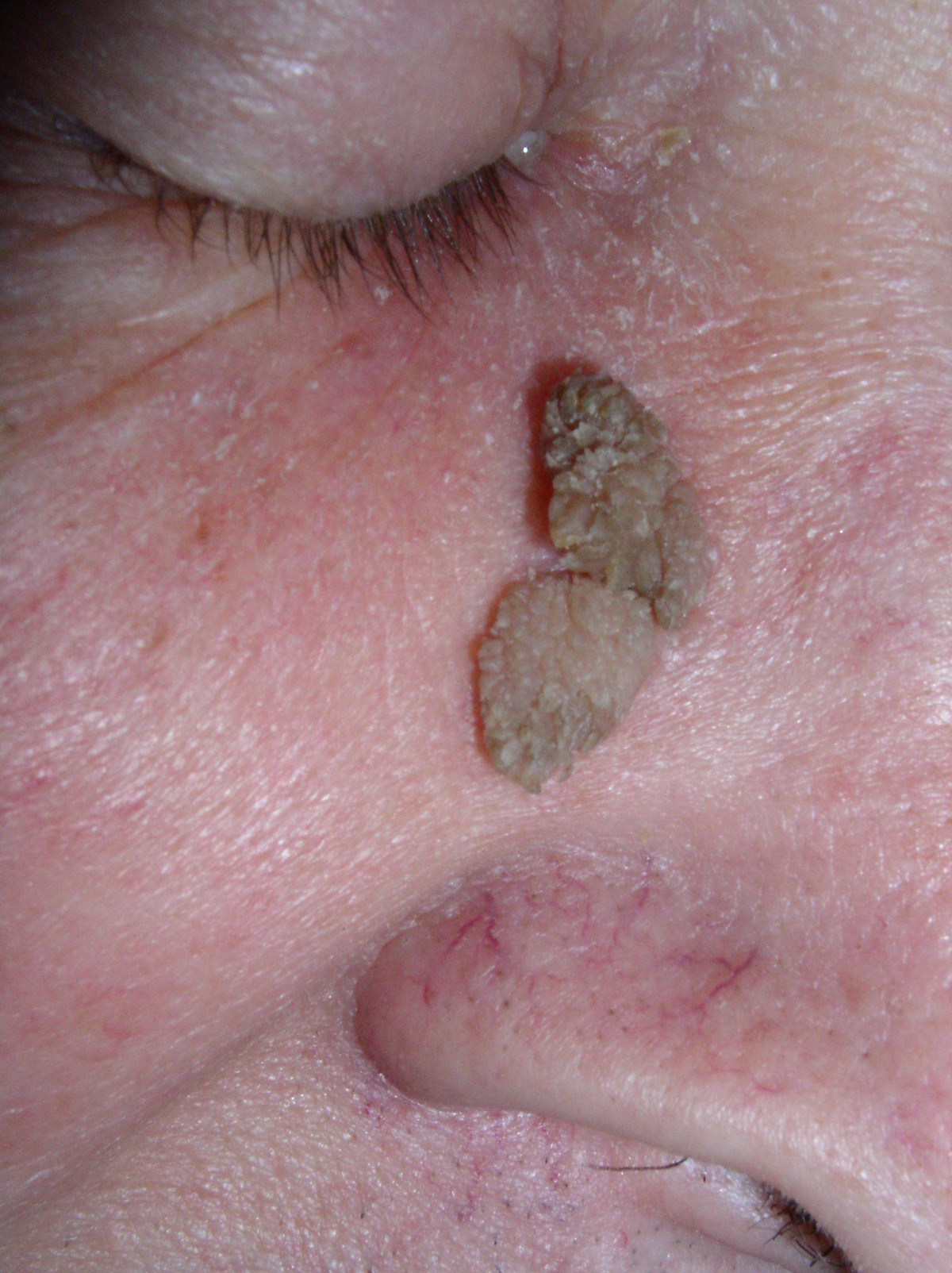Table of Content
A good rule of thumb is to start treating eczema as soon as you feel an itch coming on. The longer you wait, the harder it can be to break the cycle. Unfortunately, there is no cure for eczema, but effective treatments and techniques exist.

Our experts continually monitor the health and wellness space, and we update our articles when new information becomes available. Pat your face dry with a soft towel instead of rubbing your skin. Irritant contact dermatitis occurs when certain ingredients and fragrances in cosmetic products irritate the skin. You’re likely to have dryness, itchiness, and redness around your eyebrows, ears, and hairline. It’s known as cradle cap in babies and typically lasts until about 6 months old.
Skin Care
Applying moisturizer twice a day, especially after cleansing your face, helps your skin retain moisture. If over-the-counter moisturizing creams don’t work, or if your facial eczema doesn’t respond to self-treatment, see a doctor. Eczema is a condition that causes, rashes and dry skin, as well as itching. Because the skin on your face is more sensitive than skin on other areas, when eczema occurs on your face, it can be especially uncomfortable and even painful. For example, tea tree oil is readily available as a treatment for skin conditions, but it can worsen eczema.
Healthcare providers often prefer OTC 1% hydrocortisone cream, as it poses less risk of thinning the skin and changes to skin color than more potent creams. If the sun triggers your flares, you may need to wear sunscreen. Generally, sensitive skin more easily tolerates products that contain zinc oxide or titanium dioxide. When you’re out of the sun, wash your face and apply a moisturizer.
Atopic dermatitis (eczema)
However, it should be used with restraint as it may cause allergic contact dermatitis in some. To make a bleach bath, simply mix one-half cup of household bleach to a full standard tub of lukewarm water . Soak for no more than 10 minutes and rinse off afterward with warm water. Yes, a gentle pinch can actually reduce the itch.

As a result, you may feel less self-confident or withdraw from social situations. Look for cosmetics with moisturizing ingredients. Having facial eczema doesn’t mean you can never wear makeup, but all products aren’t the same. Look for those that have hydrating ingredients like hyaluronic acid and shea butter. Steer clear of ingredients like parabens , salicylic and glycolic acids, fragrances, and retinol, as they can worsen irritation. If you have eczema, it's essential to keep your skin moisturized.
Home Remedies for Eczema
You can leave this on for several hours or overnight. Adding apple cider vinegar may help your skin’s pH. Try a solution of 1 cup warm water and 1 tablespoon of vinegar. Check with your doctor first because it can cause a reaction in some people.
All children who have had eczema will be left with sensitive skin, and eczema can return at any age. Adults with atopic eczema often have facial involvement, which can be a persistent area of eczema, and often related to contact dermatitis. You're not alone if you suffer from uncomfortable or itchy eczema on your face. Thankfully, many well-established treatment options can help minimize symptoms. Be sure to speak to your healthcare provider to help establish a treatment plan that minimizes exposure to eczema triggers and supports a healthy skin barrier.
Ask your doctor if immunosuppressants will help your itching.
If your facial eczema is more severe you may be prescribed a moderately potent topical steroid for a short treatment burst. If eczema is severe or does not respond to home treatments, a person may want to consult a doctor. People should seek prompt medical attention if a child or baby develops a new rash. Most babies and children need bathing only once or twice per week unless they are visibly soiled. Bathing less frequently may help prevent dry skin. Some people with eczema in the United Kingdom have found a combination of topical treatment and habit reversal training helpful for preventing scratching.

People with eczema should follow basic skin care guidelines to minimize flare-ups. Eczema-prone skin is more likely to lose moisture and natural oils, so it's especially important to use products that help replace lost moisture. Verywell Health articles are reviewed by board-certified physicians and healthcare professionals. These medical reviewers confirm the content is thorough and accurate, reflecting the latest evidence-based research.
If you suspect a food trigger, Dr. Anthony suggests talking to your pediatrician or an allergist before cutting it out of your kiddo’s diet. “We can generally manage eczema, but it’s harder to fix a severe allergy later in life,” he says. Essential oils, including tea tree oil, are often touted as natural cures for all sorts of maladies. But there’s no evidence that any of these oils help with eczema, Dr. Anthony says. And some people can develop allergies to essential oils, so it’s best to avoid them.

Eczema flare-ups are often triggered by exposure to chemicals, fragrances, heat, allergens, and stress. But there are steps you can take to ease the burden of this skin condition. When it comes to eczema on the face, pay special attention to anything that comes in contact with your skin. Sensitivities to makeup, facial masks, toners, cleansers, and other facial products may be eczema triggers. Using lasers, or light therapy, may be an option for your eczema treatment.
Eczema is a chronic health condition that affects the skin, causing redness, dryness itching and sometimes infections. When eczema worsens it is called an eczema flare and usually there is no single factor for an eczema flare. Eczema flares can be triggered by a range of irritants or for no obvious reason. It is not uncommon to use a variety of treatments to keep your eczema under control.









